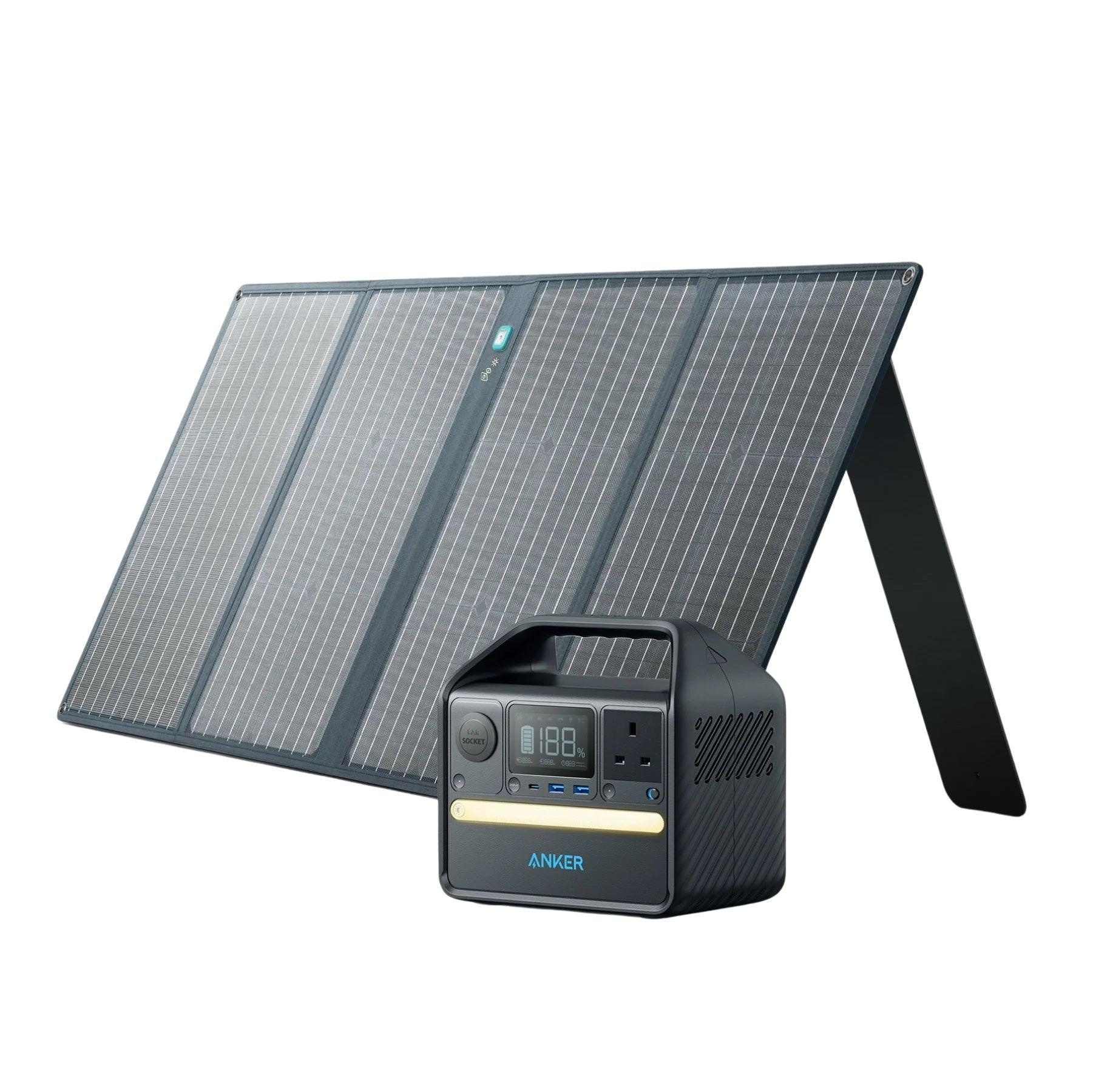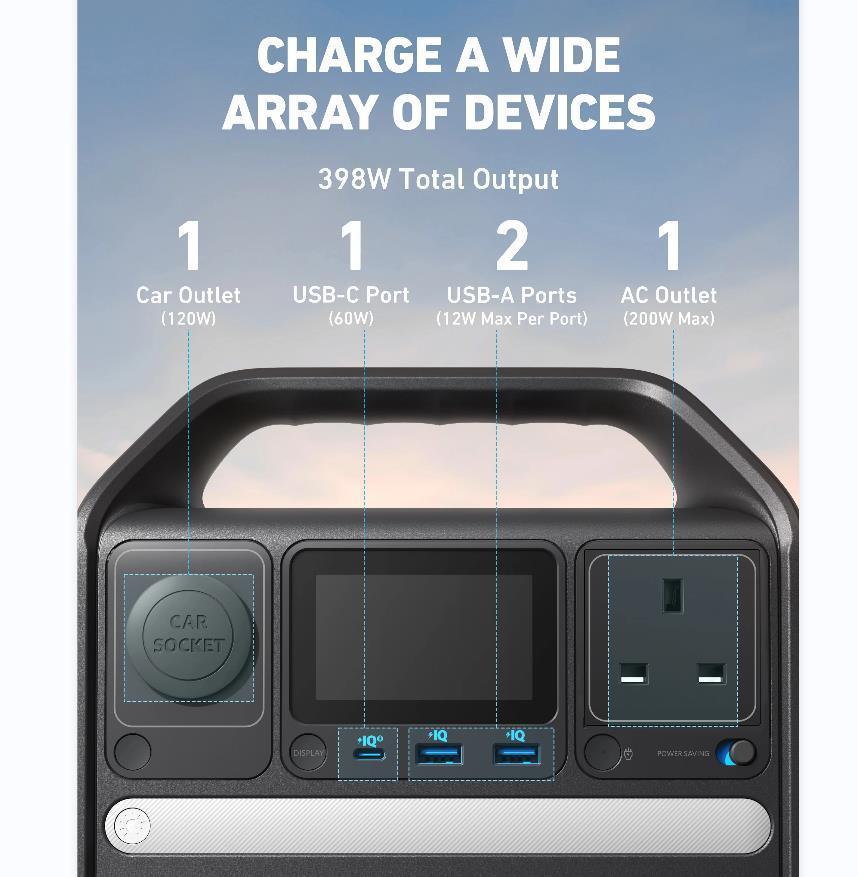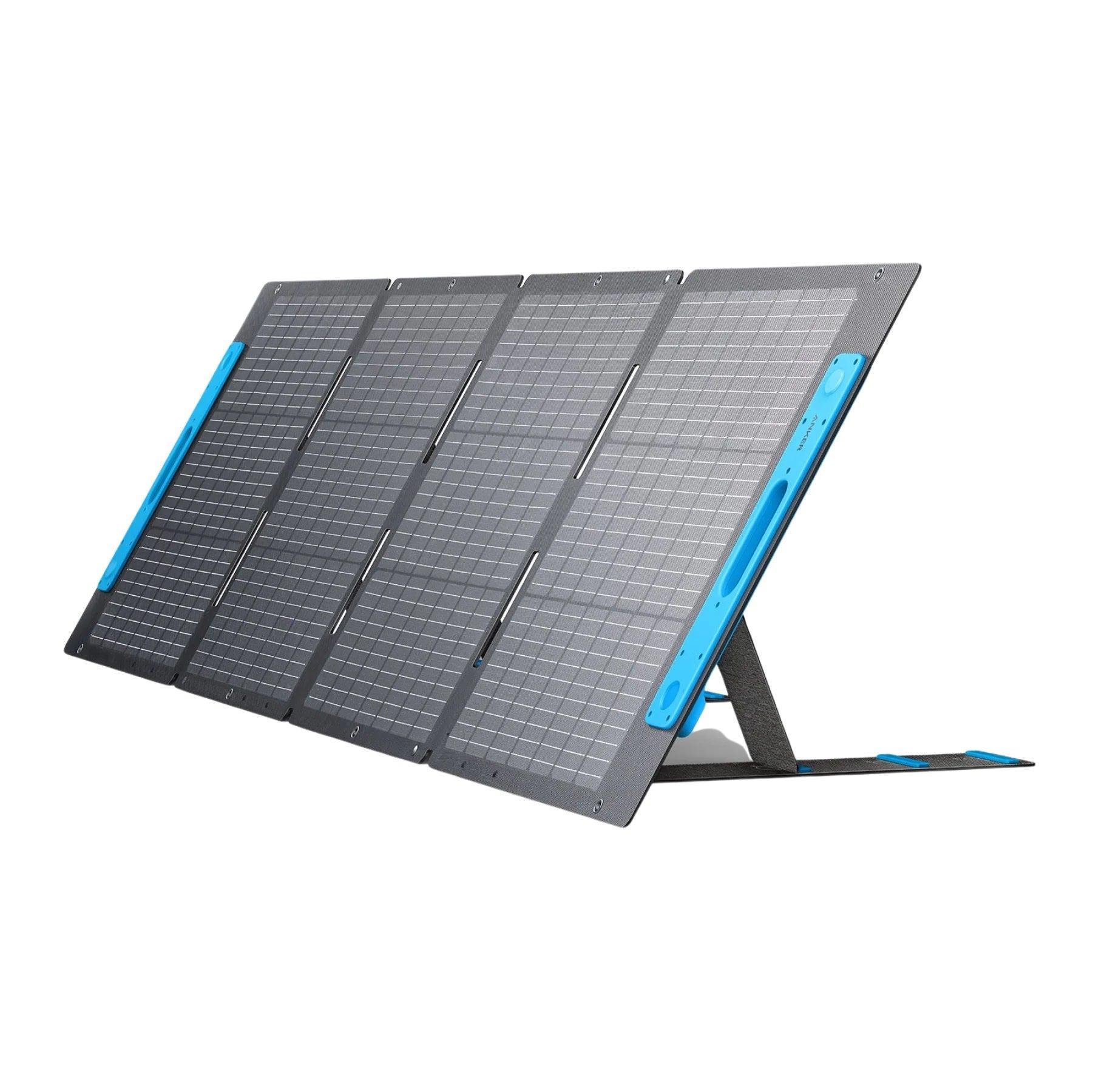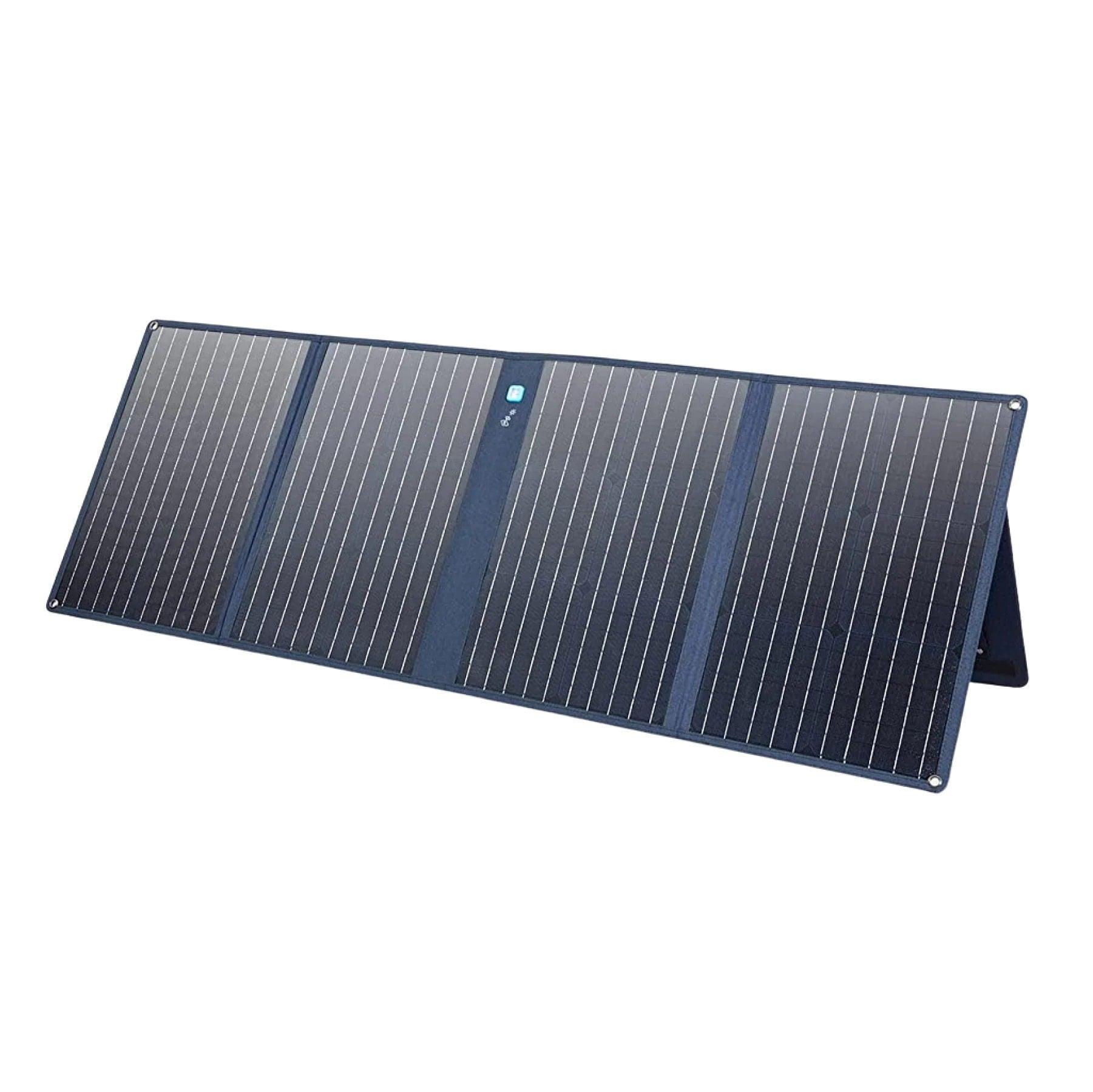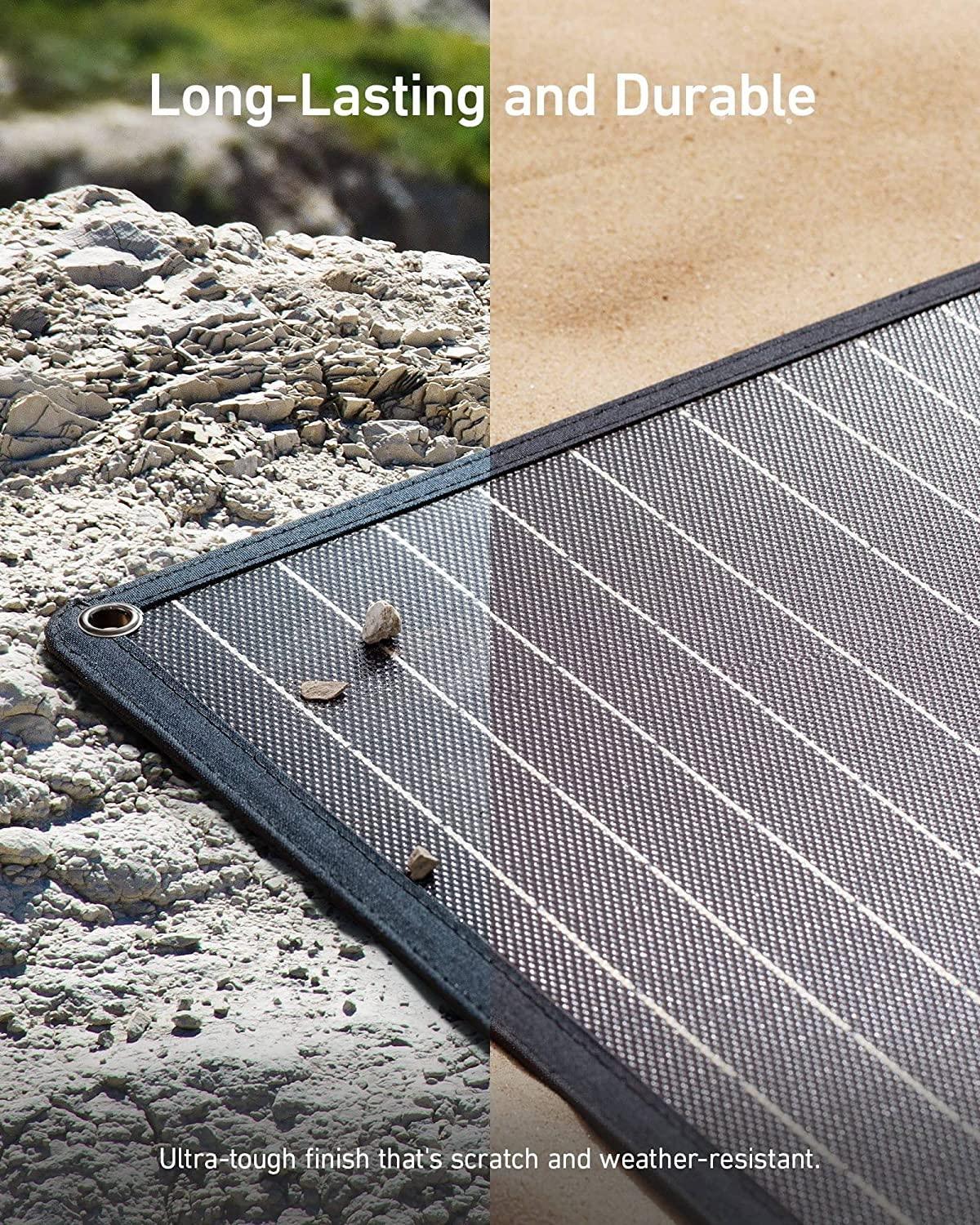The global renewable energy industry is rapidly growing, with solar energy being one of its most promising sources. While this growth has been beneficial for reducing emissions and creating cleaner sources of power, it does have some unintended consequences -- namely the disposal and recycling of solar panels once they reach their end-of-life.

In this blog, we will explore the necessity of recycling solar panels, delve into the recycling process including reuse, mechanical and chemical recycling, and highlight prominent solar panel recycling companies in the US. Keep reading now if you're interested in learning more about this important environmental effort!
Why Is It Necessary to Recycle Solar Panels?
Recycling solar panels is not only crucial for environmental sustainability but also for the repurposing of rare and expensive elements. Let's examine these reasons in detail:
Waste Reduction
As solar panel installations continue to grow, the number of panels reaching the end of their lifespan will also increase. Disposing of these panels in landfills would contribute to the mounting electronic waste problem. However, by recycling solar panels, we divert them from landfills, reducing waste generation and alleviating the strain on waste management systems. Recycling allows for the recovery of valuable materials from panels that would otherwise be discarded, contributing to a more circular economy where resources are conserved and waste is minimized.
Environmental Impact
Solar panels contain valuable materials such as silicon, glass, and metals like silver and aluminum, but they also contain certain heavy metals, including cadmium and lead. When solar panels are not recycled properly and end up in landfills, these harmful substances can leach into the soil and water, posing significant risks to ecosystems and human health. By recycling solar panels, we prevent the release of these toxic materials, ensuring they are safely recovered and reused, thereby minimizing the environmental impact.
Resource Conservation
Recycling solar panels not only protects the environment but also has significant economic benefits. Valuable and rare elements found in photovoltaic (PV) cells, such as gallium and indium, are depleting over time. By recovering these materials through recycling, we can conserve the limited resources available on Earth and utilize them for manufacturing new panels and other products. Additionally, a study by the International Renewable Energy Agency (IRENA) estimated that by 2050, recycling solar modules could recover around $15 billion. This economic value not only alleviates supply chain constraints but also helps lower the cost of solar energy, making it more accessible and sustainable in the long run.

How Are Solar Panels Recycled?
While certain trustworthy solar panels manufacturers like Anker and Jackery claim that their products can last up to 25-30 years, there are still a significant number of solar panels that reach the end of their lifespan each year. When these solar panels reach their expiration date, they can undergo recycling using different approaches, which include reuse, mechanical recycling, and chemical recycling. Now, let's delve into these recycling processes:
Reuse
In some cases, solar panels can be reused for smaller applications. For instance, a solar panel that has reached the end of its lifespan for a residential rooftop installation can still be repurposed as a power source for a smaller-scale project, such as providing energy for outdoor lighting systems or remote monitoring devices. Recycled solar panels minimizes waste and extends their lifecycle, optimizing resource utilization. This approach allows us to harness the full potential of solar panels even after their original purpose is fulfilled.
Mechanical Recycling
Mechanical solar panels recycling is another method used to recycle solar panels. The panels are typically shredded into small pieces, and different materials, such as glass, silicon wafers, aluminum frames, and plastic components, are separated using various techniques.
Once the materials are separated, they can be sent to recycling facilities for further processing. Glass from the panels can be recycled and used in the manufacturing of new glass products. Silicon wafers, which are the main component of solar cells, can be reclaimed and reused in the production of new solar panels or other electronic devices.
The aluminum frames can be melted down and used to manufacture new aluminum products. Plastic components, such as junction boxes and connectors, can also be recycled and used in the production of new plastic products. By mechanically recycling solar panels, valuable materials can be recovered and used again, reducing the need for extracting and processing virgin resources.
Chemical Recycling
Chemical recycling, also known as advanced recycling or depolymerization, is an emerging technique for recycling solar panels. This method involves breaking down the panels using chemical processes to recover the different components.
One approach to chemical recycling is the use of solvents or acids to dissolve the panel's components. This allows for the separation and recovery of valuable materials, such as silicon, silver, and other metals. These materials can then be used in the production of new solar panels or other products.
Chemical recycling has the potential to recover a higher percentage of materials from solar panels compared to mechanical recycling. It can also handle a wider range of panel types and technologies. However, chemical recycling is still in the early stages of development, and further research and advancements are needed to make it a commercially viable and widespread recycling method.
Solar Panel Recycling Companies in the US

Several reputable solar panel recycling companies in the US specialize in the responsible and efficient disposal of solar panels. Here are three prominent companies in this field:
We Recycle Solar
We Recycle Solar offers comprehensive recycling services for solar panels, including collection, transportation, and processing. They employ advanced technologies to maximize material recovery and ensure environmentally responsible practices. By partnering with We Recycle Solar, individuals and businesses can contribute to sustainable waste management and support the circular economy.
Solarcycle
Solarcycle is dedicated to the recycling of solar panels and other electronic waste. Their state-of-the-art facilities enable the safe handling and proper recycling of various components, minimizing waste generation and reducing environmental impact. Solarcycle plays a vital role in ensuring the responsible disposal of solar panels, contributing to a greener future.
First Solar
First Solar, a leading solar panel manufacturer, has implemented a robust recycling program called "First Solar Recycling." They specialize in recycling their own thin-film solar modules, creating a closed-loop system that promotes sustainability and resource conservation. First Solar's commitment to the entire lifecycle of their products showcases their dedication to reducing waste and maximizing resource recovery.
Conclusion
Recycling solar panels is a critical step towards achieving a sustainable future powered by renewable energy. By recycling these panels, we protect the environment, repurpose rare elements, and minimize waste. Through methods like reuse, mechanical recycling, and chemical recycling, we can maximize resource recovery and reduce our reliance on raw materials. As the demand for solar panels continues to rise, it is essential to prioritize their proper end-of-life treatment to mitigate environmental impacts. Let us embrace solar panel recycling as a fundamental practice for a greener and more sustainable world.
[ddshopfaq-59443]

